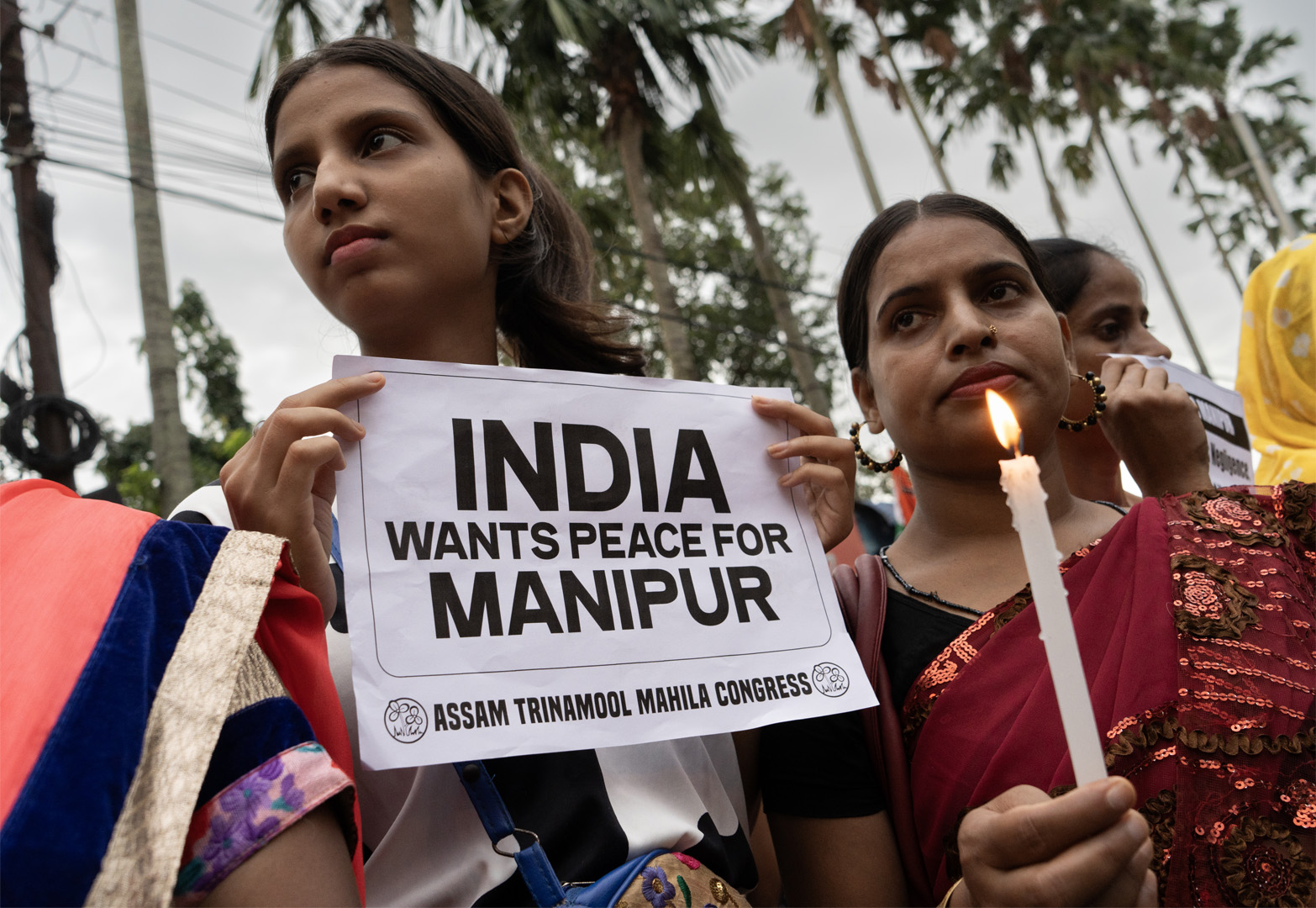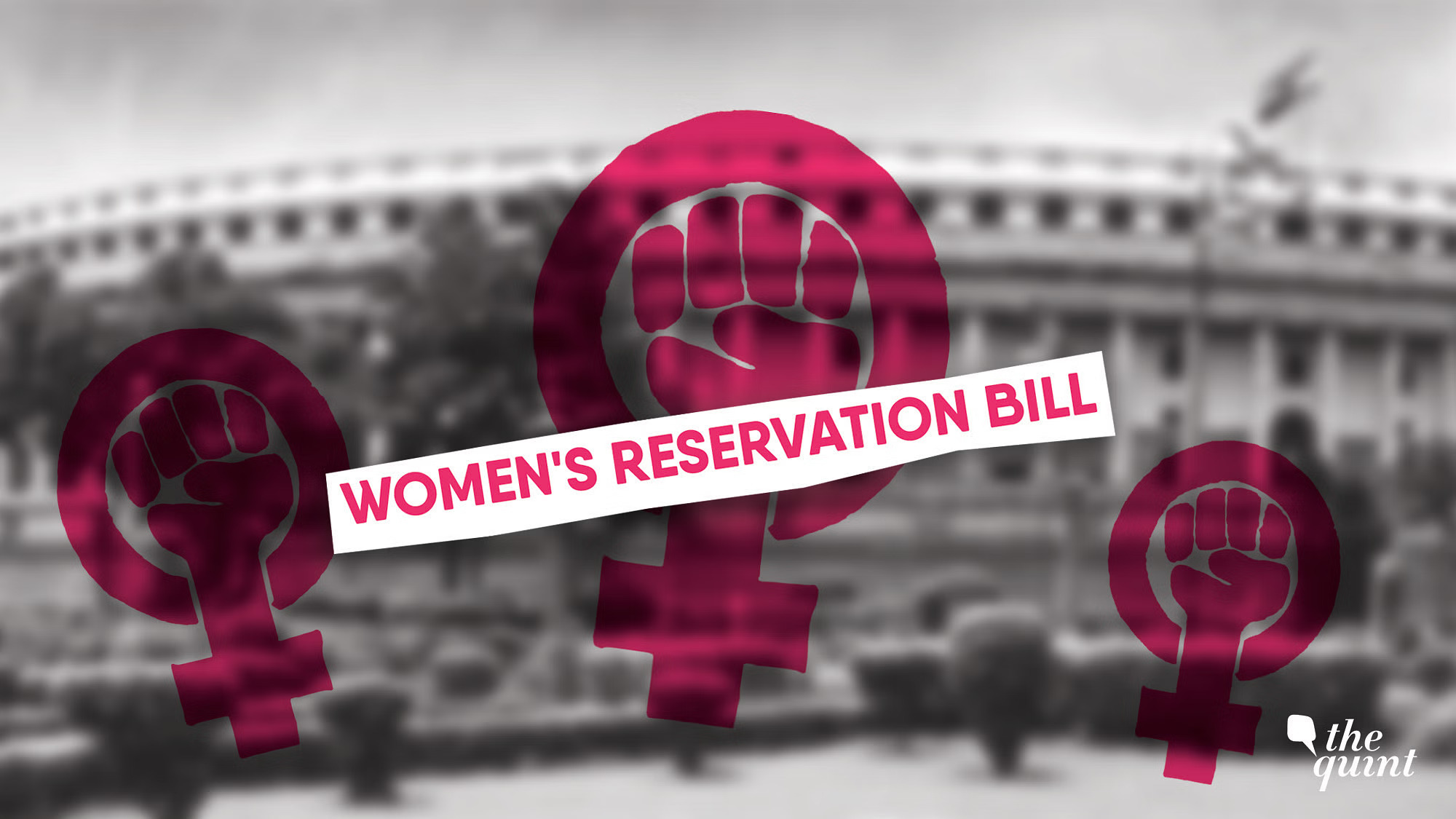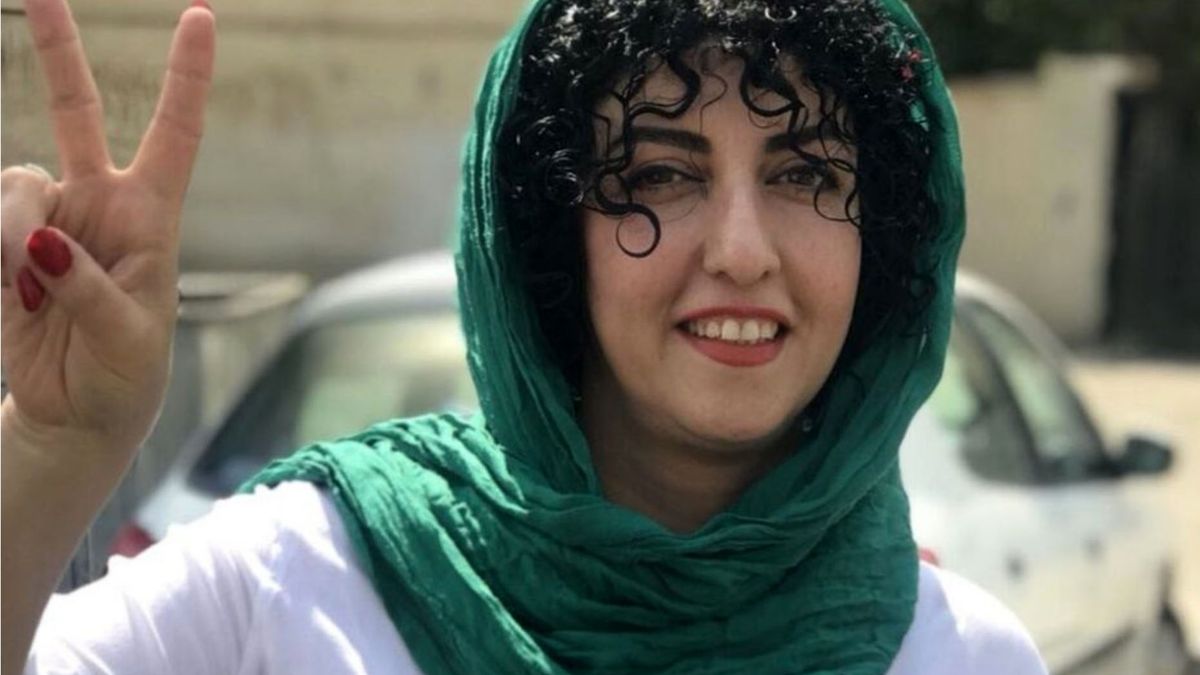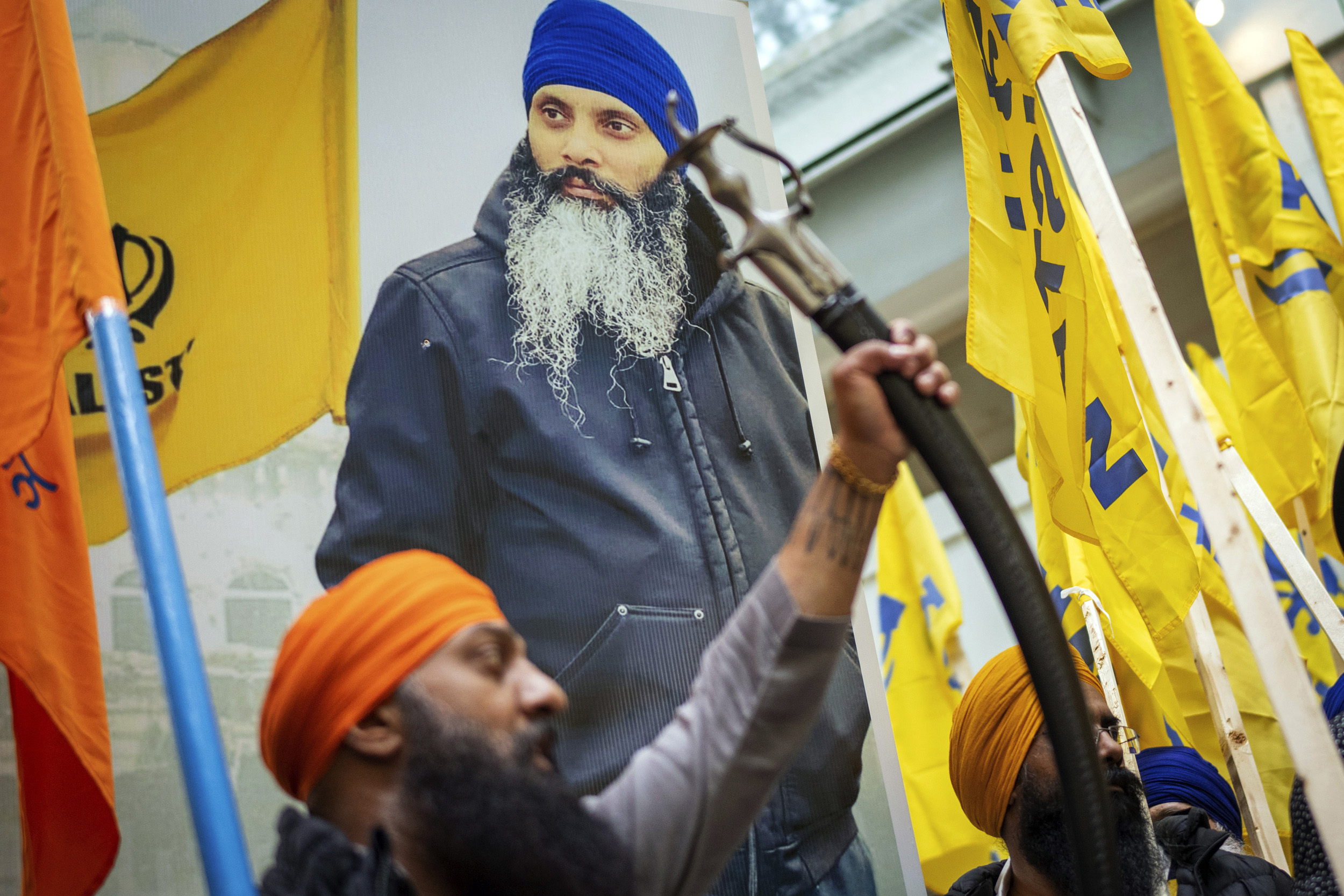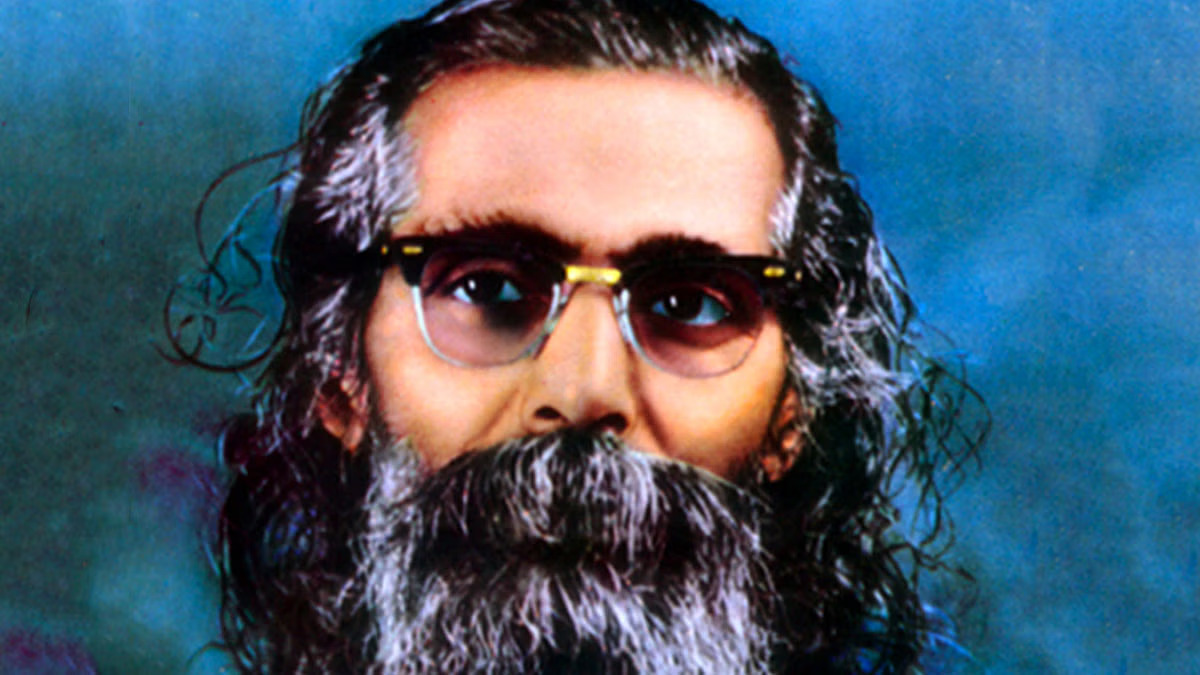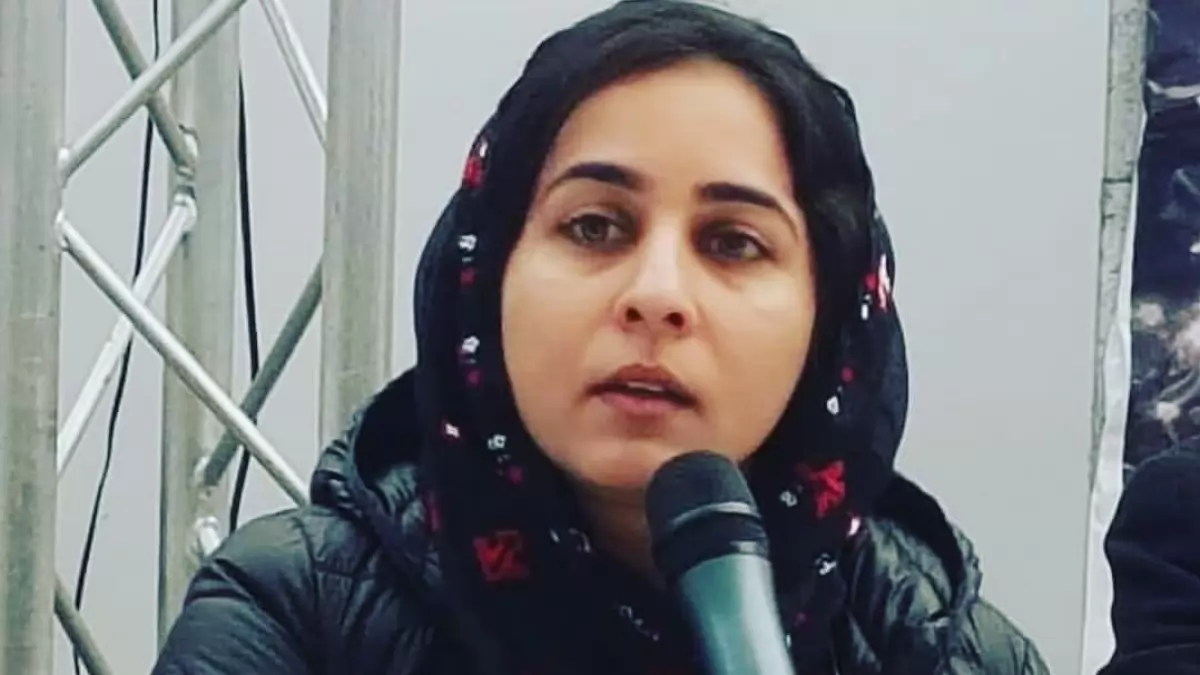The recent closure of the Afghan embassy in New Delhi has drawn attention to the complex and, at times, conflicting nature of India’s policy towards Afghanistan. Despite the embassy’s claims to the contrary, the Indian government did participate in the Kazan Declaration during the fifth Moscow Format Consultations meeting, where talks with the Taliban leadership took place. Given the significant changes in Afghanistan following the Taliban’s takeover in 2021, this situation represents India’s shifting position towards them.
Uncertainty has plagued the Afghan embassy in India ever since the Taliban took control in 2021. The new Taliban administration in Kabul was not recognised by any nation, including India, leaving diplomats and personnel who had been recruited by the previous Ashraf Ghani administration in a precarious situation. India behaved differently towards the Taliban under this government than it did during the Taliban’s tenure from 1996 to 2001. India signalled the reopening of the embassy in Kabul by announcing the deployment of a “technical team” there in June 2022 after an operation to withdraw its personnel from Kabul in August 2021.
India looked to Russia for diplomatic engagement after feeling left out of the decision-making process as the United States rapidly withdrew its soldiers from Afghanistan to avoid being ignored in its own neighbourhood. As a six-party conversation comprising Russia, Afghanistan, India, Iran, China, and Pakistan, the Moscow Format Consultations on Afghanistan got underway in 2017. Amir Khan Mottaqi, the Taliban’s foreign minister, participated in the Kazan meeting for the first time, signalling a significant shift.
In its discussion of the security situation, the Kazan Declaration commended the Afghan government’s current efforts to fight ISIS and urged them to also take on other terrorist organisations present in Afghanistan. Furthermore, it discussed the need for cooperation to combat terrorism and drug trafficking originating in Afghanistan, as well as the elimination of poppy production.
The proclamation did, however, express disappointment over the lack of progress in the creation of an inclusive government in Afghanistan that represents all ethnopolitical groupings. Zamir Kabulov, the presidential representative of Russia to Afghanistan, emphasised the significance of a multi-ethnic government for potential official recognition of the new Afghan leadership.
Despite increased contact with the Taliban, there hasn’t been any international pressure to uphold Afghan women’s rights. The Kazan proclamation urged the Taliban to support contemporary education that complies with international norms and voiced concern about barriers to women’s employment and education. However, the Taliban has persisted in denying women’s basic rights, including access to jobs and education.
Many nations struggle with how to interact with the Taliban government. Refusing to engage could prevent the meagre humanitarian help from reaching Afghans while continuing to engage gives the Taliban some legitimacy despite not receiving official recognition, which they use to their advantage. Because of this dynamic, the Taliban has been able to repress women’s rights and maintain a haphazard government with insufficient ethnopolitical representation.
The situation has grown more challenging as a result of the closure of the Afghan embassy in New Delhi. The complaints of the embassy against the Indian government, notably the non-renewal of visas for diplomats, show the widening gap between the former Afghan government employees and the host nation.
The changing situation makes it unclear who the international community views as Afghanistan’s true representative. Engagement with the Taliban is motivated by geopolitical pragmatism, but those connected to the overthrown administration are now marginalised. Even though humanitarian aid has been given, there hasn’t been enough international pressure to address the denial of rights for Afghan women. The common Afghan, or possibly the “real Afghan,” continues to suffer in this perplexing context.
The dilemma India faces in Afghanistan is a reflection of the difficulties the international community faces in dealing with Taliban rule while maintaining human rights and fundamental ideals. It is a difficult effort to strike a balance between providing humanitarian relief and continuing to put pressure on the Taliban to uphold basic rights. The international community must come up with practical solutions to deal with the intricate and frequently contradictory forces at play in Afghanistan as the situation there develops.
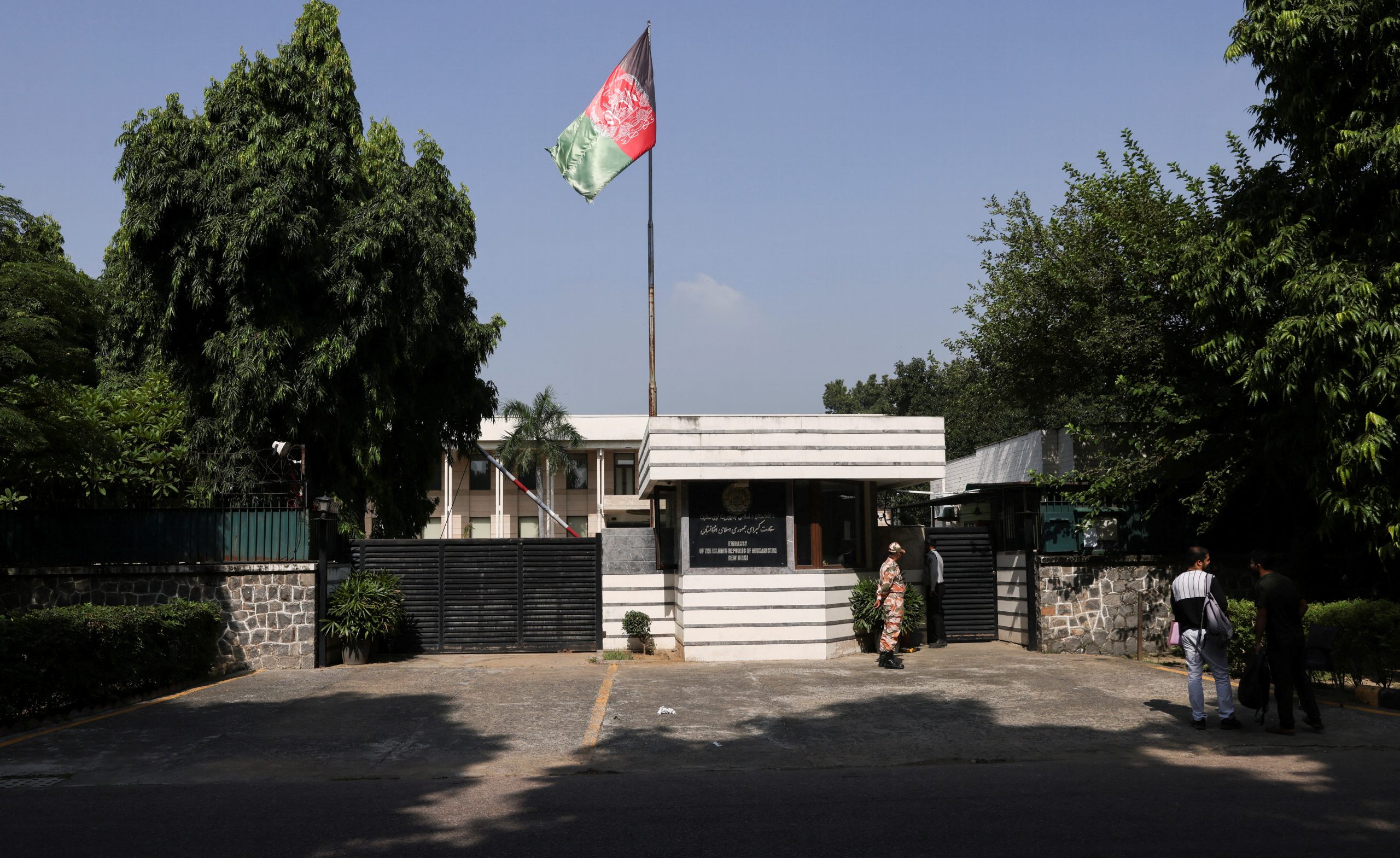

People are seen outside the Afghanistan embassy in New Delhi, India, September 29, 2023. REUTERS/Anushree Fadnavis
Add a comment


